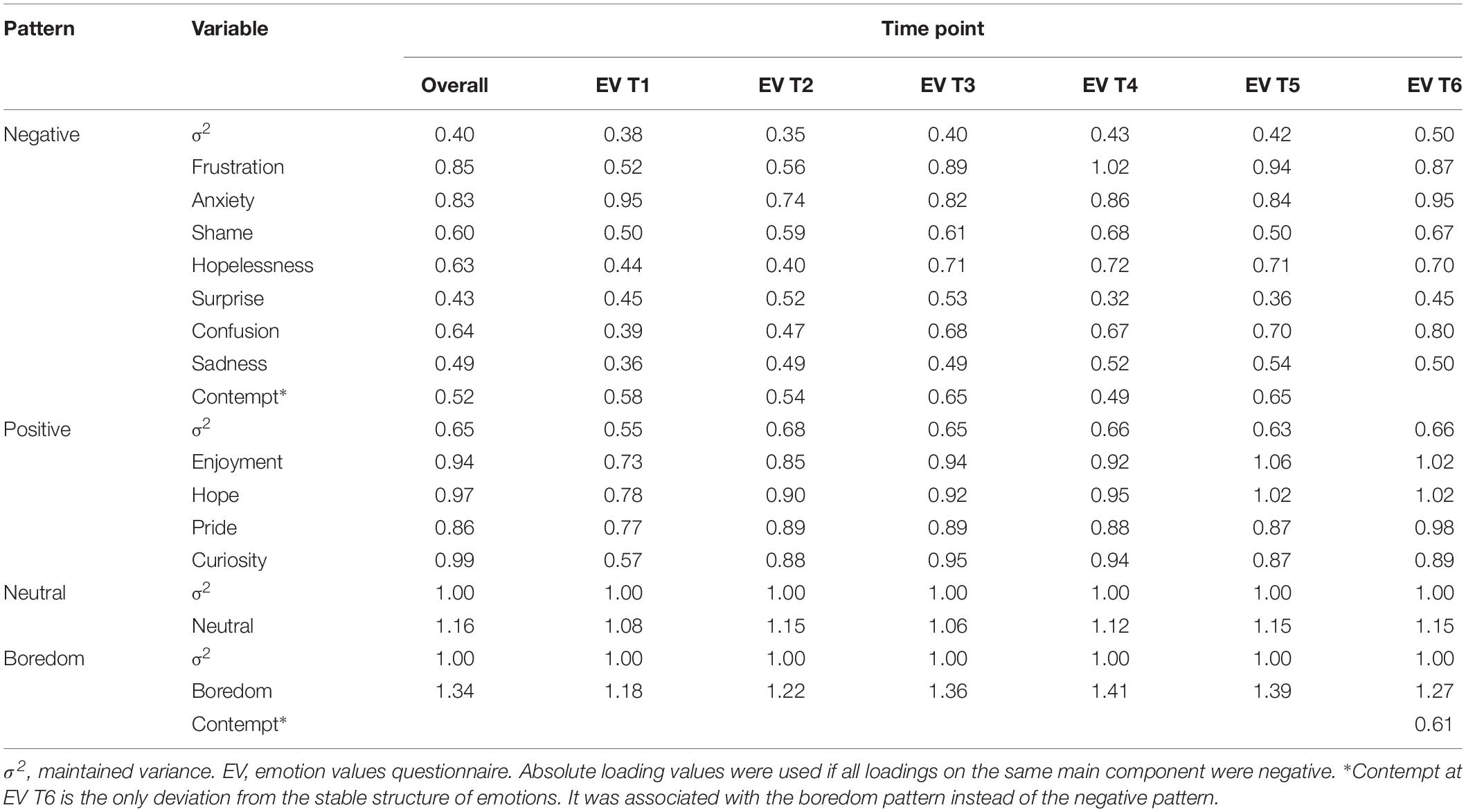


Some of the symptoms of mood swings during periods include: Mood swings are common during a woman& menstrual cycle, particularly in the days leading up to and during her period.
Emotions during periods professional#
They can provide guidance on managing symptoms and may refer you to a mental health professional if necessary. Its important to talk to your healthcare provider if you are experiencing severe or persistent mood swings during pregnancy. Personal or family history of mood disorders: If you have a personal or family history of depression, anxiety, or bipolar disorder, you may be at a higher risk of experiencing mood swings during pregnancy.This can lead to mood swings or depression Changes in body image: As the body changes during pregnancy, some people may feel self-conscious or insecure about their appearance.Lack of sleep can contribute to mood swings. Lack of sleep: As the pregnancy progresses, it can become more difficult to find a comfortable position to sleep, leading to insomnia or restless sleep.Concerns about the baby's health, financial worries, or relationship issues can contribute to mood swings. Emotional stress: Pregnancy can be an emotionally stressful time, especially for first-time mothers.Physical discomfort: As the pregnancy progresses, physical discomfort such as nausea, fatigue, and back pain can affect mood and cause irritability or anxiety.These hormones can affect neurotransmitters in the brain, leading to mood changes. Hormonal changes: During pregnancy, the levels of oestrogen and progesterone increase significantly.Here are some of the common causes of mood swings during periods: Hormonal changes during pregnancy can affect brain chemicals that regulate mood, leading to emotional highs and lows. Mood swings are a common experience for many pregnant people. If mood swings are severe or significantly impacting daily life, it is important to speak with a healthcare provider. In some cases, medication or therapy may also be helpful. There are several strategies that may help manage mood swings during periods, including getting regular exercise, getting enough sleep, eating a healthy diet, reducing stress, and avoiding alcohol and caffeine. The severity of mood swings can vary from person to person, and some people may not experience them at all. while others may feel more emotional or easily overwhelmed. Some people may experience low mood swings or feelings of depression.

This is commonly known as premenstrual syndrome (PMS), and it typically occurs in the days leading up to a period.During a period, hormonal changes continue, and these can also affect mood. Hormonal changes that occur during the periods can affect a person's mood, causing feelings of irritability, anxiety, and sadness. Mood swings during periods are a common experience for many people.


 0 kommentar(er)
0 kommentar(er)
